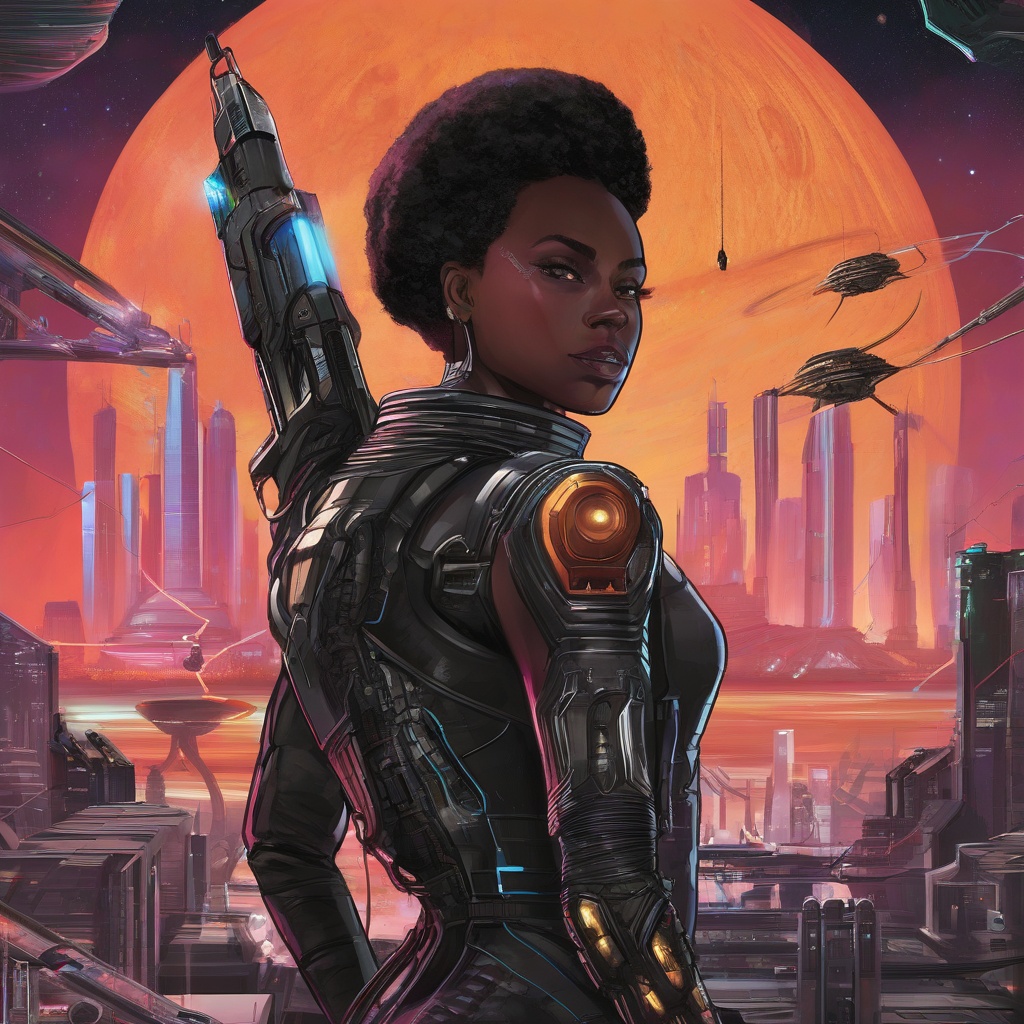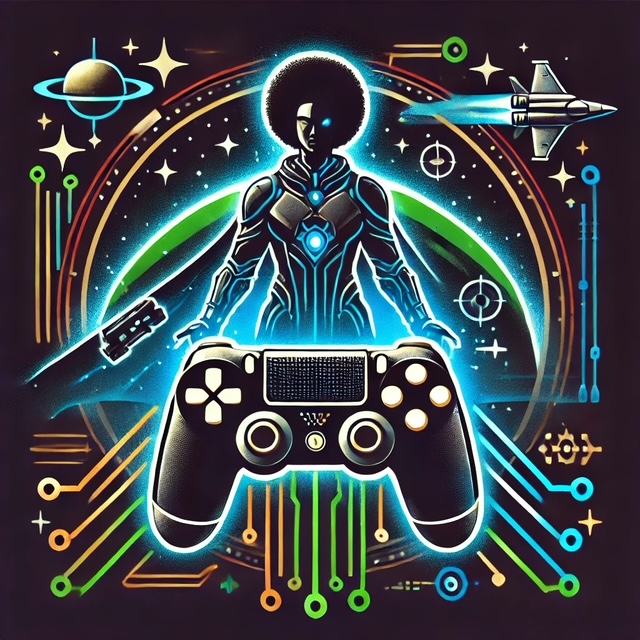The gaming industry has evolved dramatically over the last two decades, emerging as a dominant form of entertainment globally. However, while the landscape has changed, the representation of Black individuals within this space has not always reflected the diversity of its audience. This blog post aims to shed light on the historical and contemporary contributions of Black creators, players, and characters in gaming, while also exploring the challenges faced and offering actionable strategies for fostering inclusivity and representation.
Historical Context
Early Representation
Historically, Black characters in gaming have often been relegated to stereotypical roles, primarily as sidekicks, villains, or background characters. Games like Street Fighter and Mortal Kombat introduced iconic Black characters, such as Blanka and Jax, yet their representations often leaned on cultural clichés rather than genuine narratives. The portrayal of Black individuals in gaming from the 1980s to the early 2000s reflected broader societal attitudes and systemic issues, often limiting their depth and agency.
The Rise of Black Game Developers
Despite these challenges, the late 2000s marked a pivotal moment for Black game developers. Visionaries like Kellee Santiago and her team at Thatgamecompany began to create games that resonate with diverse audiences. The rise of independent gaming allowed more Black creators to break through traditional barriers, leading to an increase in original narratives that reflect Black experiences and cultures. Games like Cuphead and Celeste showcased diverse teams, setting a new standard for inclusivity.
Current Landscape
Key Contributions
Today, Black individuals have made significant contributions across various facets of the gaming industry:
- Game Development: Companies like Epic Games and EA are increasingly prioritizing diversity in their hiring practices, resulting in a broader range of perspectives and narratives. Black developers have led successful projects, including The Last of Us Part II and NBA 2K, which have set industry standards for storytelling and character development.
- Voice Acting: Black voice actors have brought life to some of gaming’s most beloved characters. Notable performances include Ashley Scott as Huntress in Batman: Arkham Knight and Keith David as the Arbiter in the Halo series. These contributions not only elevate the narratives but also provide representation in a space that is often overlooked.
- Content Creation and Streaming: The rise of platforms like Twitch has given Black gamers a platform to share their experiences, create communities, and challenge stereotypes. Streamers like TheBlackHokage and Nihaopanda have built substantial followings, using their platforms to advocate for diversity and representation in gaming.
Challenges
Despite these strides, the gaming industry still grapples with several challenges:
- Underrepresentation: While progress has been made, Black characters still represent a small percentage of the overall character pool in major franchises. The lack of representation can lead to feelings of alienation among Black gamers.
- Toxicity and Harassment: Black gamers often face disproportionate levels of harassment and toxicity in online spaces. This toxicity can create an unwelcoming environment that deters participation and hinders community building.
- Access to Resources: Many aspiring Black game developers encounter barriers in access to funding, mentorship, and industry connections. This can stifle innovation and prevent diverse narratives from reaching broader audiences.
Actionable Strategies
To foster a more inclusive gaming landscape, here are some actionable strategies for developers, companies, and gamers alike:
1. Diversify Hiring Practices
Game studios should actively seek to diversify their teams, not just in terms of race and ethnicity but also gender, sexual orientation, and background. This diversity leads to richer narratives and characters that resonate with a broader audience.
2. Support Black Creators
Invest in initiatives that support Black game developers, such as mentorship programs, scholarships, and grants. Organizations like Black in Gaming and Gameheads provide resources and networking opportunities to elevate underrepresented voices in the industry.
3. Promote Inclusive Storytelling
Encourage narrative designers to explore stories that reflect the complexities of Black experiences. Games like Life is Strange and Ghost of Tsushima demonstrate how diverse narratives can be successfully integrated into gameplay, enhancing engagement and empathy.
4. Create Safe Spaces
Gaming platforms and communities should take a proactive stance against toxicity. This includes implementing stricter moderation policies, creating safe spaces for marginalized gamers, and fostering a culture of respect and inclusion.
5. Engage with Communities
Developers and companies should engage with Black gaming communities through events, panels, and outreach programs. By listening to the experiences and concerns of these communities, the industry can better understand how to serve its diverse audience.
The journey towards inclusivity in gaming is ongoing, but the contributions of Black individuals are increasingly recognized and celebrated. By addressing the challenges and implementing actionable strategies, the gaming industry can continue to evolve into a more diverse and inclusive space. As we celebrate the achievements of Black gamers and creators, we must also commit to fostering an environment where everyone can thrive, ensuring that the next generation of gamers sees themselves reflected in every pixel of the gaming world.


